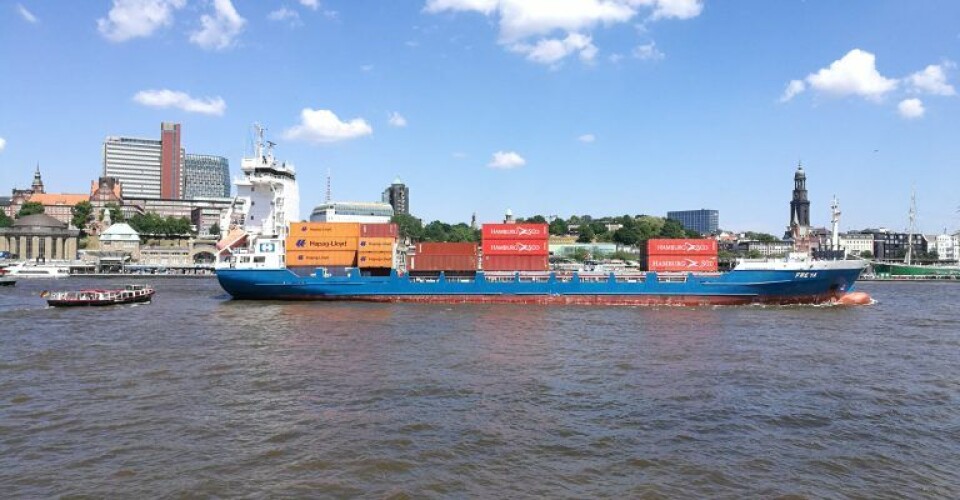Seafarers are essential workers

The International Maritime Organization (IMO) called on member-states to recognize the essential status of seafarers and maritime industry professionals.
By Michael McGrady, Maritime Direct Americas Correspondent
Calls from the international community appear to be cast to the wayside as countries all over the world think that leaving hundreds of thousands of crew members marooned on their vessels is a good idea.
Whether it’s a measure to protect their countries from foreign cases of COVID-19 or to maintain a concept of national security, countries getting in the way of legally-mandated crew changes are threatening more than the lives of a small crew.
Take President Rodrigo Duterte of the Philippines, briefly. The populist, controversial, Trumpian leader has blocked the transfer of crews from over thirty countries from around the world.
Port authorities in the country claim that Duterte’s government is only doing what is required to prevent those in the island republic from contracting new cases of COVID-19 and the mutated strands of the virus. For crews though, the reality is a living hell.
Taking the issue seriously
Secretary-General Kitack Lim, the head of IMO, declared on December 10, 2020 — UN Human Rights Day — that the plight of sailors around the world is quickly becoming something that will be nearly impossible to contain. The crew change crisis is a humanitarian challenge unlike any other. The global pandemic has threatened the stability of international trade and the stability of the workforce.
You, dear reader, should support the belief that maritime professionals are essential workers entitled to the full support of their home and flag countries, the international community, and the companies that own and charter their vessels for these reasons.
By declaring maritime professionals as essential workers, welfare and health services will be easier to access. This would also help facilitate the process of crew change and the needed cycling of staffing on vessels. In the United States, the Seafarers International Union of North America offers a comprehensive framework for lobbying for such status and the long, overdue access to these services.
Of course, not all of what is done in the US applies to other countries. Yet, the sentiments and the demands the union fights for emulate objectives that should be and are championed by maritime unions and industry stakeholders.
A union can help
Union president Michael Sacco issued a joint letter to Andrew Cuomo, the governor of the US state of New York, and Dr José Romero, the chair of the Centers for Disease Control and Prevention’s Advisory Committee on Immunization Practices (ACIP). In the letter, Sacco and other union leaders call on the states and the federal government to expand COVID-19 vaccination access for seafarers.
“Seafarers live and work closely together in multi-generational settings aboard ships for months at a time,” reads the letter. “The close contact and risk of exposure aboard ship are exacerbated by the lack of medical care when mariners become infected while engaged in extended foreign voyages or when routinely denied shoreside access to medical care in foreign ports.”
Under US vaccine protocol, seafarers are “considered other essential workers” and will only receive vaccines when they are identified as the next-in-line population group entitled to the drug. ACIP determined early on in the pandemic that at least 57 million people were considered to be at higher risk of contracting and spreading the virus. The closeness seafarers work in necessitates advanced access to vaccinations, services, and essential status.
Making seafarers essential and critical workers in the eyes of governments and international organizations will go a great length in emboldening stronger union action and more steps taken by governments and firms to resolve the ongoing crew change crisis.










